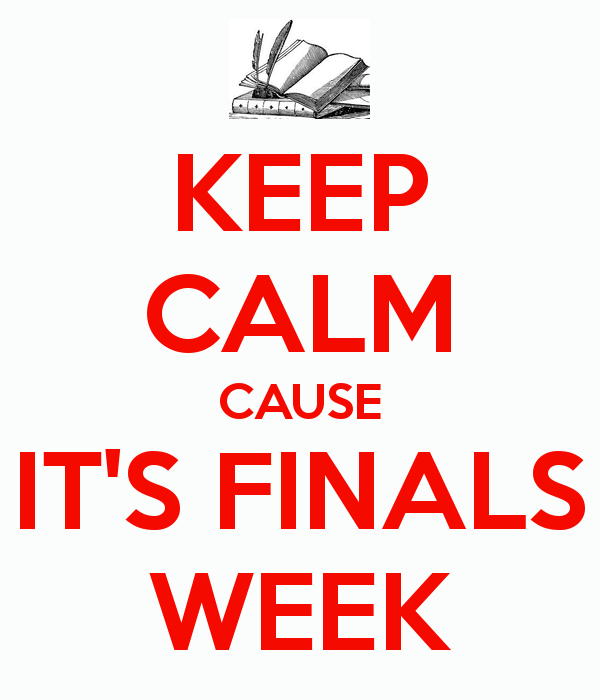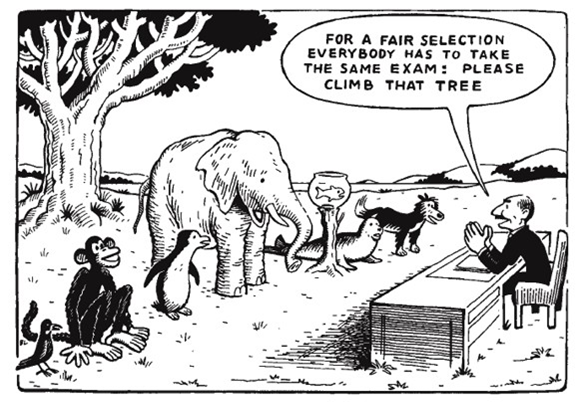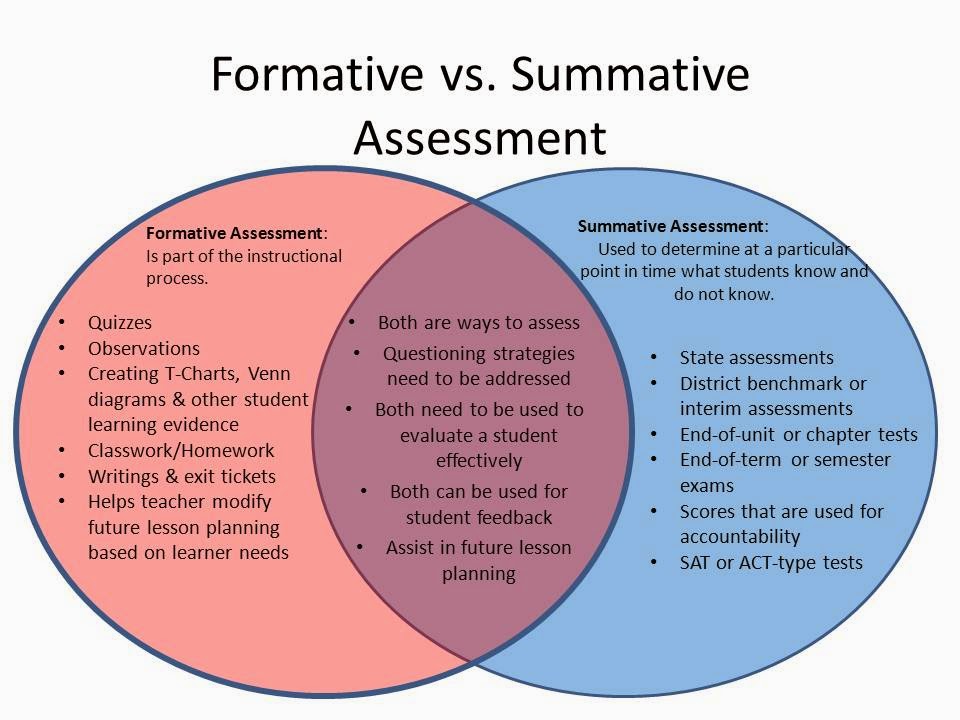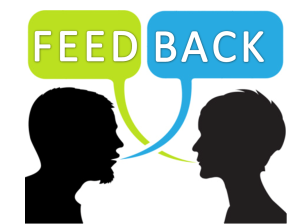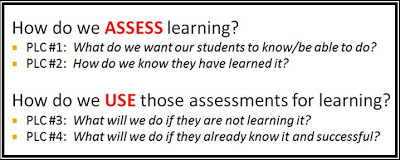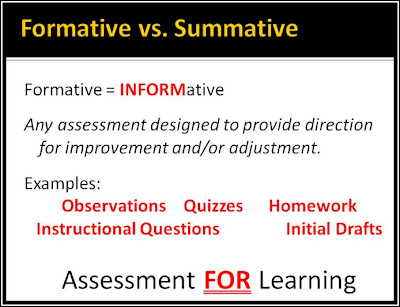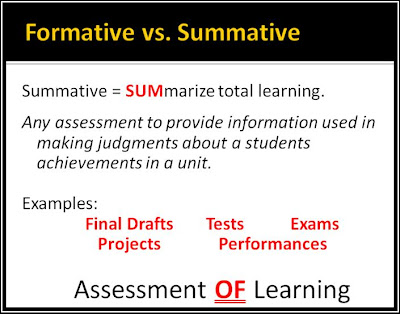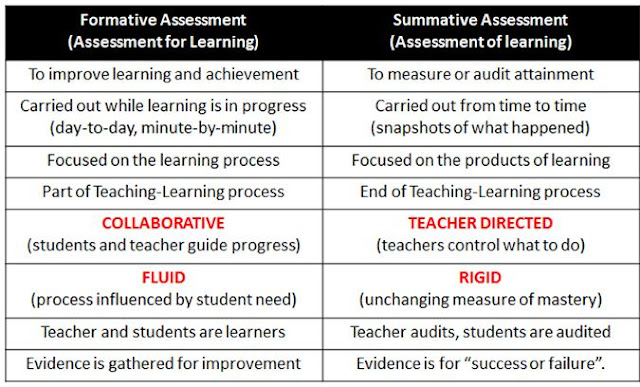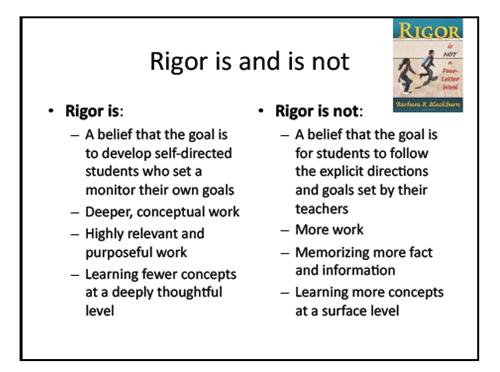Here's a scenario that plays out in many secondary schools all across the globe...
The teacher explains what will be on the final. This 'final' encompasses everything that has been covered throughout the prior semester. The teacher also explains how much the final will be worth and the impact the final will have on the students' semester grades. The teacher then hands out some kind of study guide for the students to use to review and prepare for the final. All learning stops as class time becomes solely focused on preparing for the final.
The students use the study guide to guide their studying in preparation for the final, but the study guide is so broad and far-reaching the students are unable to specifically identify what they should really know. The students then play out scenarios in their head about how the grade on the final will impact their final semester grades. The students then begin a sporadic process of cramming as much possible information in their heads in preparation for the final only to be forgotten soon after.
So, here are some thoughts and questions...
Finals are summative assessments with no opportunity for revision; no opportunity for feedback/input; no opportunity for a correction... so is there a point other than filling the grade book?
We spend all semester and all school year working with students... do we need a final to tell us what our students know or don't know?
Are we doing finals just because the next level of schooling does finals? If so, are we ok with robbing our students of so much time and energy at the end of each semester?
Almost all school districts have a final exemption policy... if kids can exempt, then the argument that finals prepare kids for some next level of schooling falls short. Shouldn't every kid be required to get this 'experience...?'
Related to exemptions... the students who aren't able to exempt are the same students who for the most part won't be successful on the final, so aren't we basically setting them up for double failure?
The typical final uses low-level questions and focuses on quantity over quality in an effort to cover as much as possible. Finals are often the shotgun approach to assessing with very little ability to identify specifically what kids know vs. don't know.
Many finals are able to be scored via scantron and are built around memorization of facts, terms and dates, just to be forgotten as the kids walk out the door.
So, is it time to revisit our practice of doing finals?
Is it time to eliminate finals? http://goo.gl/m89c8i
